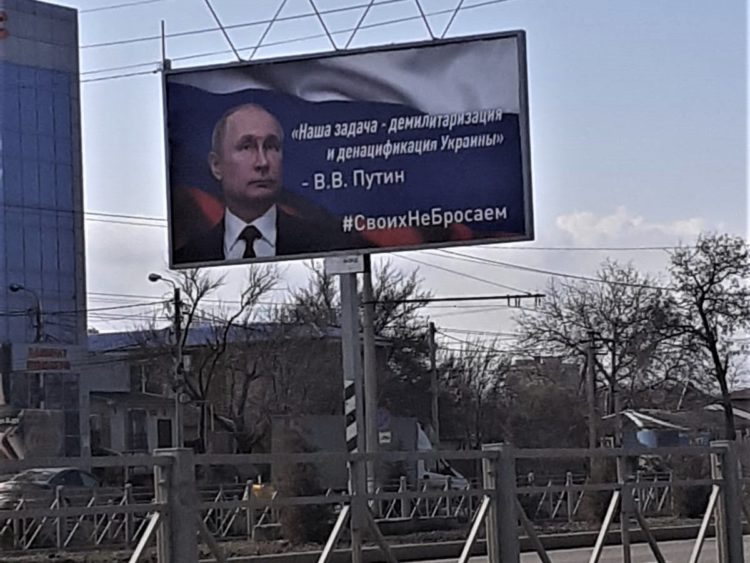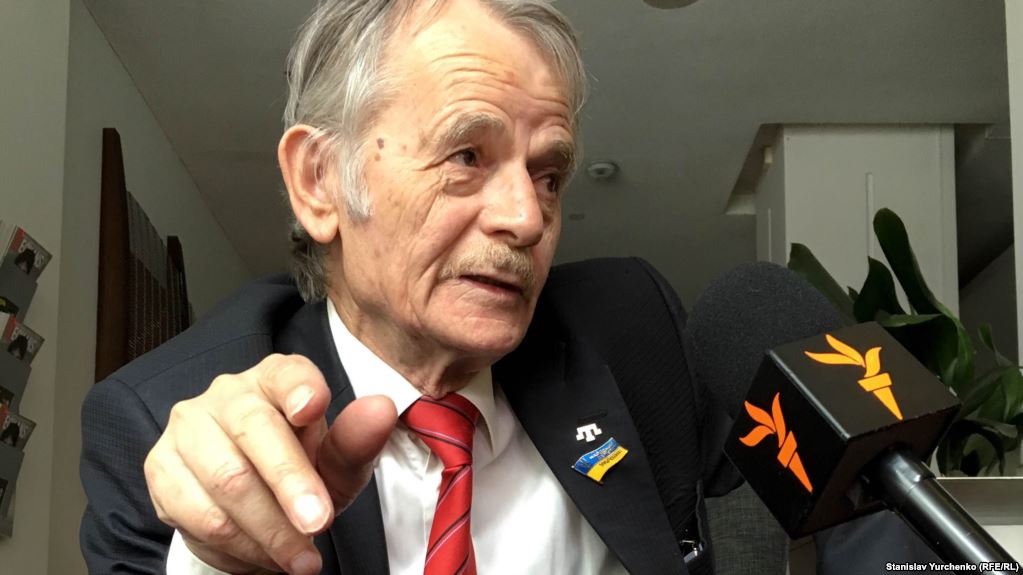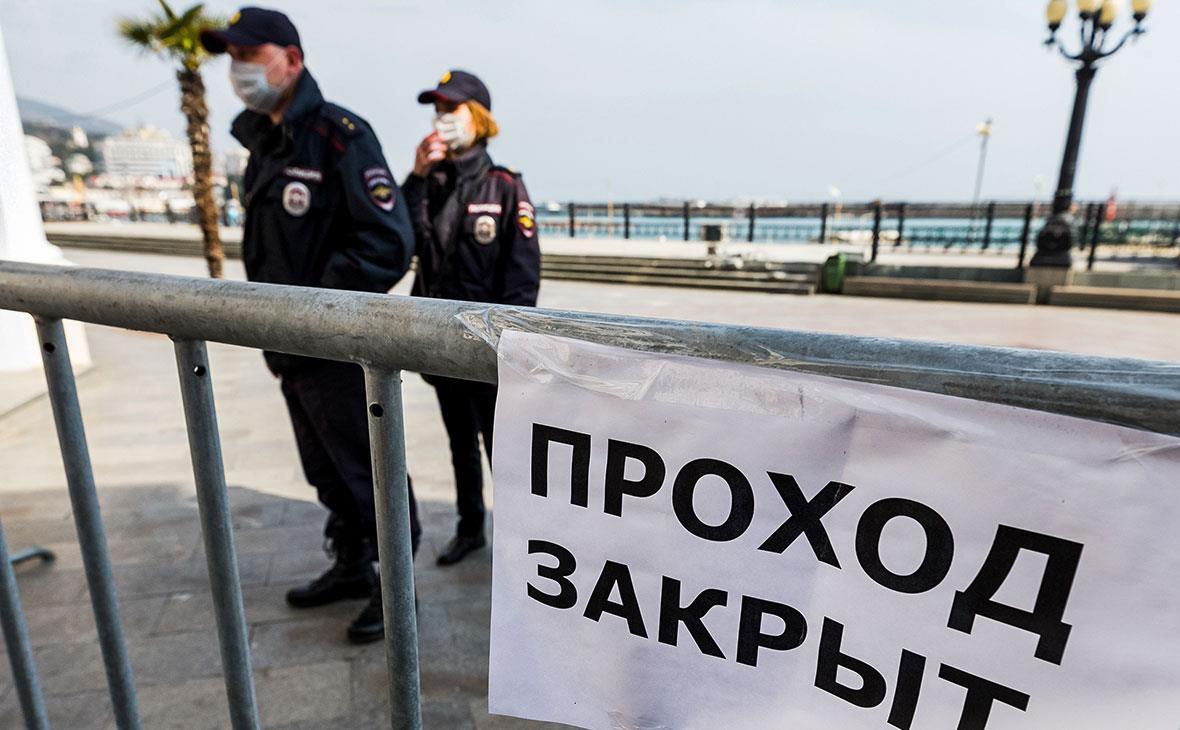Putin justified his 2014 Anschluss of Ukraine's Crimea by claiming that Crimea had long been a "sacred" part of the Russian world. Furthermore, he was simply reversing Soviet leader Nikita Khrushchev's criminal decision to give this "Russian" region to Ukraine.
Many Russians and far too many Westerners accepted and continue to get this notion, arguing that regardless of the fate of other parts of Ukraine, Kyiv must not challenge Moscow on Crimea. However, two recent developments have shattered such claims and arguments, Vitaly Portnikov says.
On the one hand, when Putin declared that he was annexing parts of the Donbas, the Kremlin leader made no distinction between what he was doing there and what he did in Crimea. It demonstrated that both were nothing more than imperial land grabs, according to the Ukrainian columnist.
On the other hand, when Ukrainian forces pushed back the Russian invaders and retook Kherson, they proved they could defeat Russian troops on Ukrainian territory. They also compelled Russian occupation officials in Crimea to take steps to defend their earlier conquest. This highlighted yet another similarity between Crimea and the Donbas.
According to Portnikov, “it has become evident that the ‘sacredness’ [of Crimea, as Putin likes to assert and many in the West accept] was only a pathetic excuse” because the Kremlin leader planned and attempted to annex more of Ukraine.
However, his defeat at Kherson shows that this is not irreversible, regardless of what he or others believe.
Russian occupation does not provide people with security and is not permanent, the Ukrainian columnist continues.
Instead, Putin’s occupation of Crimea “brought war and fear to the peninsula and was the first step in a war against all of Ukraine. It wasn’t ‘sacred’ at all, and Putin made no effort to secure it.” Alternatively, Crimea was “merely the first victim of resurgent Russian militarism.”
Nevertheless, Kherson demonstrates that militarism can and must be defeated, even in Ukraine’s Crimea.




